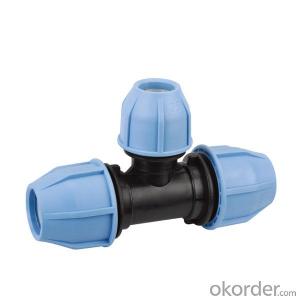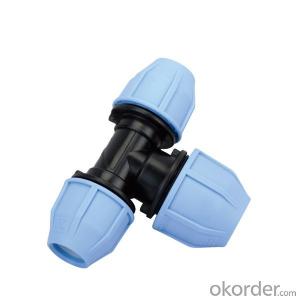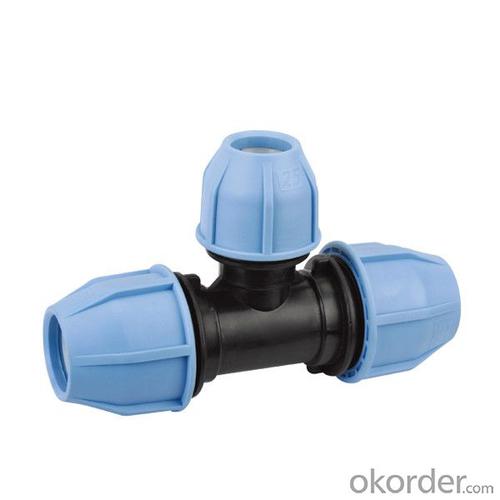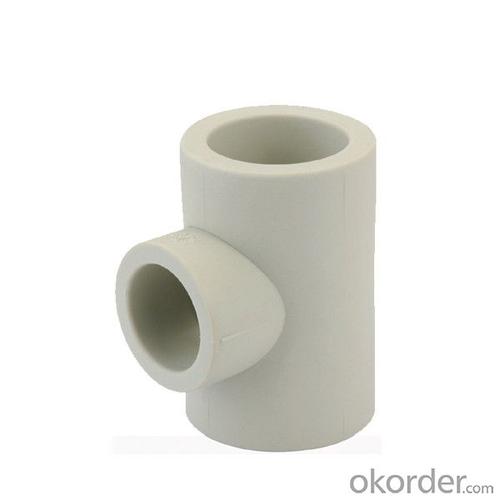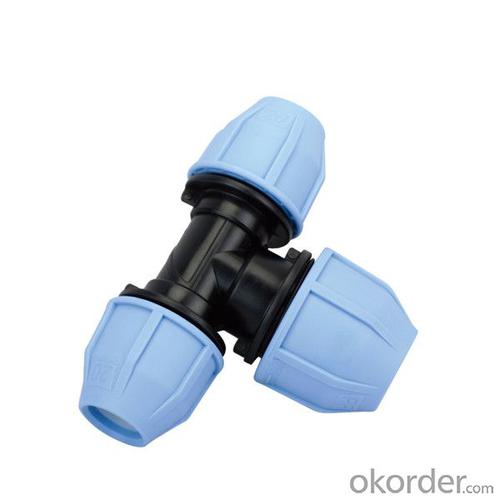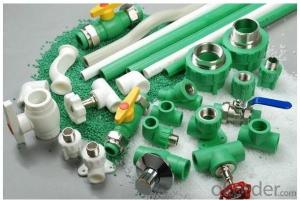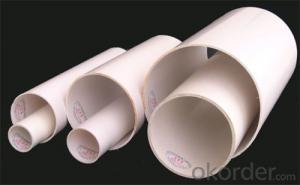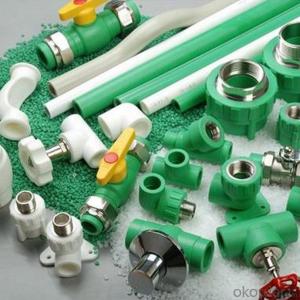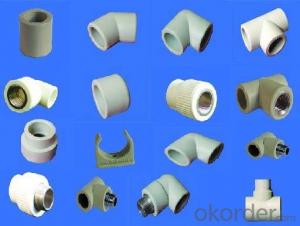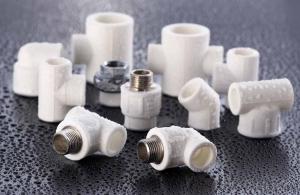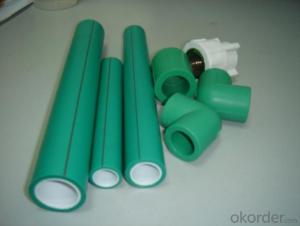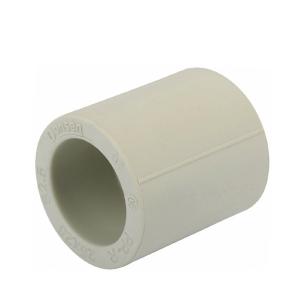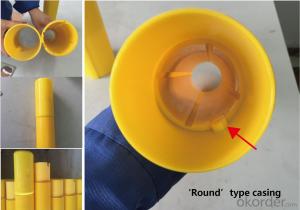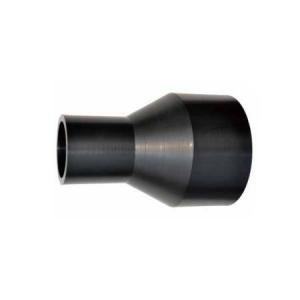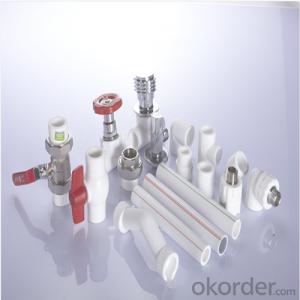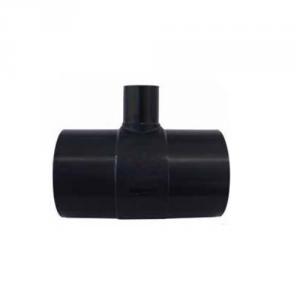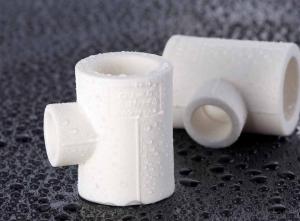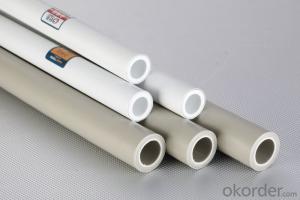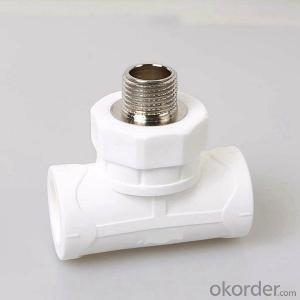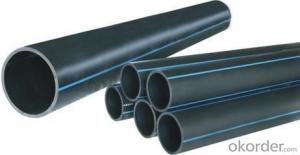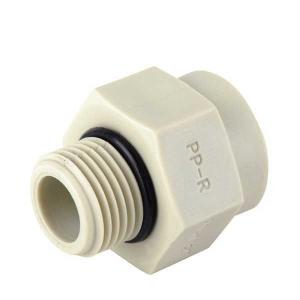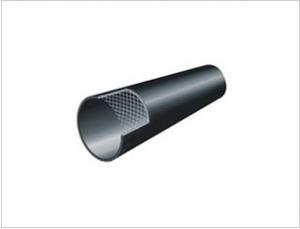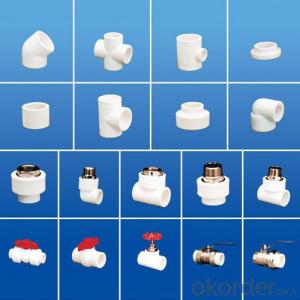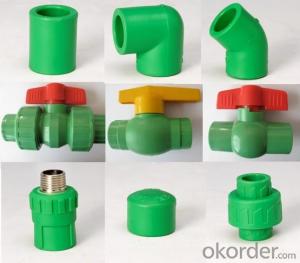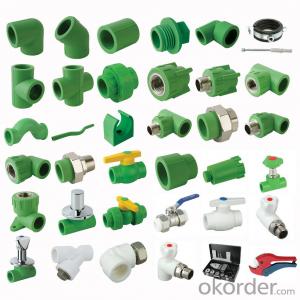Plastic Radiator Pipe Fittings Reducer Tee PPR Pipe Fittings for Agriculture and Industry
- Loading Port:
- China main port
- Payment Terms:
- TT OR LC
- Min Order Qty:
- 200 pc
- Supply Capability:
- 10000 pc/month
OKorder Service Pledge
OKorder Financial Service
You Might Also Like
Specification
Specification:
| Color | According to requirements |
| Material | Plastic |
| Certification | ISO Certificate |
| Connection | Butt Fusion |
| Size | According to requirements |
Packaging Details:
1. Large carton: 515 x 400x 220 Cubage: 0.04532 M3
Small carton: 390x255x250 Cubage: 0.0248 M3
2. PE poly bag+ carton Delivery Detail: 15 days/ 20" container; 25 days/ 40HQ
Application:
1) Water supply systems for civil and industrial constructions, such as residential buildings, hospitals, hotels, school and office buildings, ship building and so on.
2) Drinking water systems.
3) Central air conditioning system.
4) Irrigating system for gardens and green houses.
5) Public and sport facilities like swimming pools and stadiums.
6) For rainwater utilization systems.
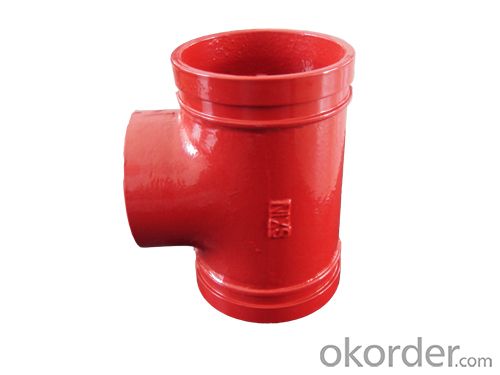
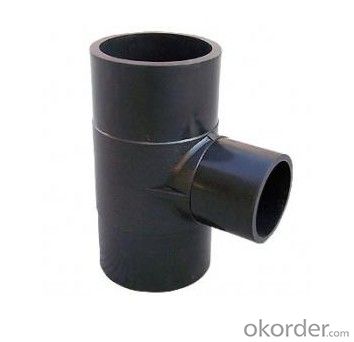
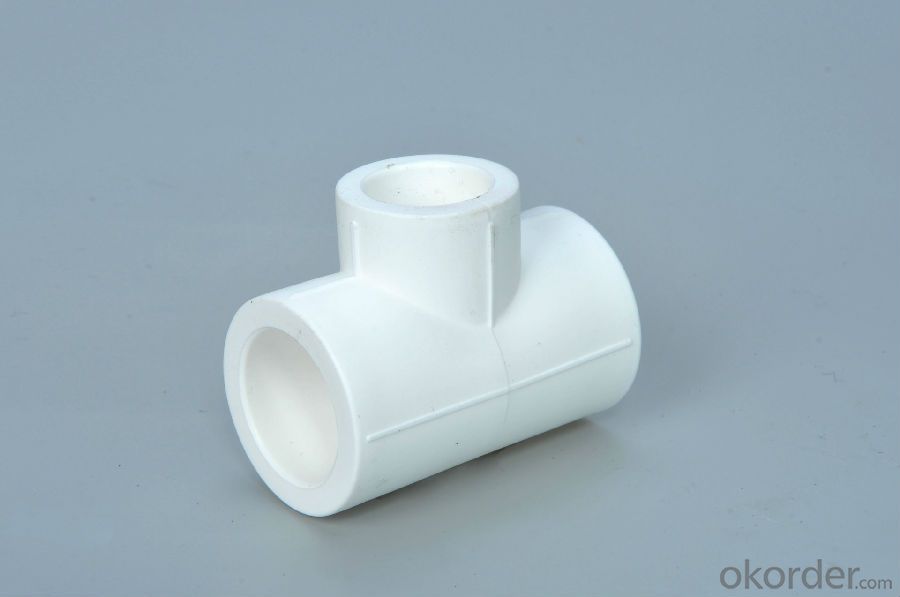
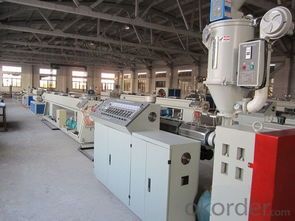
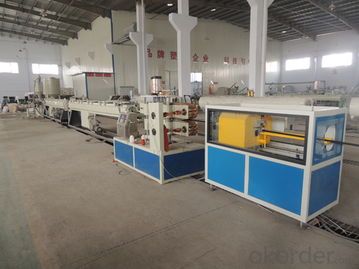
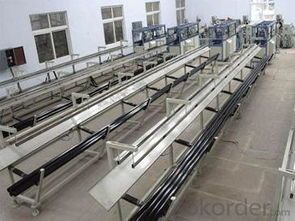
FAQ:
1. What other products does okorder offer?
We offer a full range of refractory bricks, mortar, cement, ceramic fiber products, and more
2. Can you offer samples?
Of course, samples are free but freight paid by the buyers.
3. If we don’t have any shipping forwarder in China, could you do this for us?
We have very good relationship with forwarder, we can suggest them to you, and you will get the best shipping price, and have excellent service.
4. How can we get the market information about the popular product?
You can tell us which product you are interested, we will update the hot selling item to you every week.
- Q: Can plastic pipe fittings be used with both plastic and metal pipes?
- Yes, plastic pipe fittings can be used with both plastic and metal pipes as long as the fittings are compatible with the specific type and size of pipe being used.
- Q: What are the differences between electrofusion welding, hot melt welding and welding connection?
- The welding is to melt the other solder and to connect the parts, the most common are metal welding, welding plastic plates and so on.
- Q: Are plastic pipe fittings resistant to corrosion from soil?
- Yes, plastic pipe fittings are generally resistant to corrosion from soil.
- Q: Can plastic pipe fittings be used in fire alarm systems?
- No, plastic pipe fittings cannot be used in fire alarm systems. Fire alarm systems require materials that are specifically designed to withstand high temperatures and provide a reliable and safe connection. Metal pipe fittings are typically used in fire alarm systems as they have better heat resistance and durability to meet the necessary safety standards.
- Q: Are plastic pipe fittings resistant to hydrostatic pressure?
- Yes, plastic pipe fittings are generally resistant to hydrostatic pressure. They are designed to withstand the pressure exerted by liquids or gases flowing through the pipes. However, it is important to use fittings that are specifically designed for the intended pressure and application to ensure their effectiveness and durability.
- Q: Can plastic pipe fittings be used for high-pressure applications?
- No, plastic pipe fittings are not suitable for high-pressure applications as they are not designed to withstand the strong forces and pressures involved.
- Q: Can plastic pipe fittings be used in underground applications?
- Yes, plastic pipe fittings can be used in underground applications. Plastic pipe fittings are commonly used in underground plumbing systems due to their durability, corrosion resistance, and ease of installation. They are designed to withstand the pressures and environmental conditions associated with being buried underground, making them a suitable choice for various underground applications.
- Q: Can plastic pipe fittings be used in industrial applications?
- Yes, plastic pipe fittings can be used in industrial applications. They are commonly used in industries such as agriculture, chemical processing, water treatment, and manufacturing, where they offer advantages such as corrosion resistance, durability, and ease of installation. Additionally, plastic pipe fittings are cost-effective alternatives to traditional metal fittings in certain industrial settings.
- Q: How to set the quota for plastic pipe fittings?
- Installation of plastic pipe installation, the plastic flange installation included in the quota items in the valve flange.
- Q: Can plastic pipe fittings be used in conjunction with metal pipe fittings?
- Yes, plastic pipe fittings can be used in conjunction with metal pipe fittings. However, it is important to ensure compatibility between the materials and consider factors like temperature, pressure, and the specific application before using them together.
Send your message to us
Plastic Radiator Pipe Fittings Reducer Tee PPR Pipe Fittings for Agriculture and Industry
- Loading Port:
- China main port
- Payment Terms:
- TT OR LC
- Min Order Qty:
- 200 pc
- Supply Capability:
- 10000 pc/month
OKorder Service Pledge
OKorder Financial Service
Similar products
Hot products
Hot Searches
Related keywords
